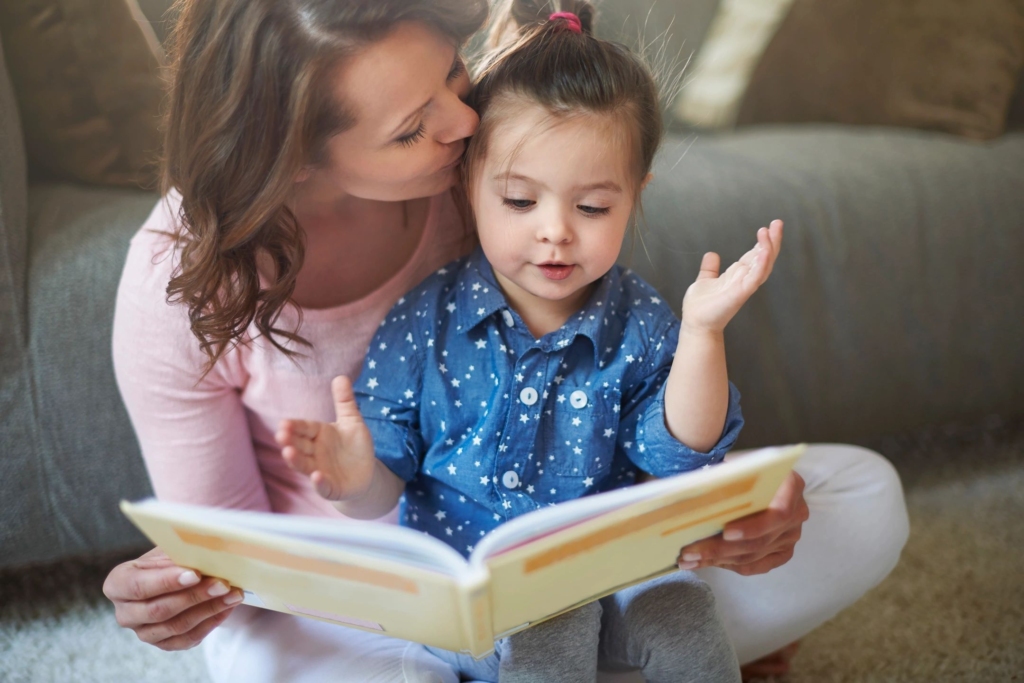As our children develop the parts of the brain to be able to judge different situations and make decisions about how to behave out in the world, their primary frame of reference is our own behaviors as their parents. How many times have our children gotten in trouble and have been given consequences for the same actions that we engage in? why is it that our behaviors–as developed and rational adults–are more acceptable than our children’s?
“because I am the parent,
and you are the child”.
So why is it that an adult– who should and is expected to have all the tools and development of the brain to manage their feelings and reaction in situations—can get away with the very behaviors that a child would get consequences for?
If an adult models unhealthy behaviors when there is a situation that they are not happy with, they are allowed to act in irrational ways by yelling, cussing, walking away, huffing and puffing, giving an attitude, etc. but if their child engages in the same behaviors– yelling, cussing, walking away, huffing and puffing, giving an attitude, etc—a parent becomes more upset, and a child is given more consequences.

If as an adult, you are not able to regulate your reactions to disappointments, how do you imagine your child knowing how to do so? Shouldn’t there be higher expectations for you since you are the adult?
If a child is disappointed about something, why is it that they are expected to manage their feelings, not talk back, not give an attitude, not show any type of a reaction, not walk away, etc.. If you have these expectations of your child, please also put the expectation on yourself to model and teach them these healthy behaviors.
Next time, when you are disappointed with a situation created by your child, manage your feelings. Ask them to sit down and talk to you about it. Share your vulnerability with them, allow them to see that you are upset and saddened by their decision or behavior. Create space to problem solve and set boundaries and explore ways to move forward. By doing this, you are allowing your child the opportunity to be accountable for their actions. By walking away or engaging in aggressive and unhelpful behaviors, your child does not learn much. They only learn to deal with the fear of making you angry. Overtime, they adjust to your anger, and they become accustomed to it. No lessons learned. You lost your opportunity to provide guidance to your child because you, yourself don’t have the skills to deal with disappointment.
Be mindful of your reactions as you create the blueprint for your child’s behaviors. Don’t fall trap to the idea of “do as I say” because “do as I do” can be much more powerful.
Written by: Serina Nersisian, LMFT 114493

